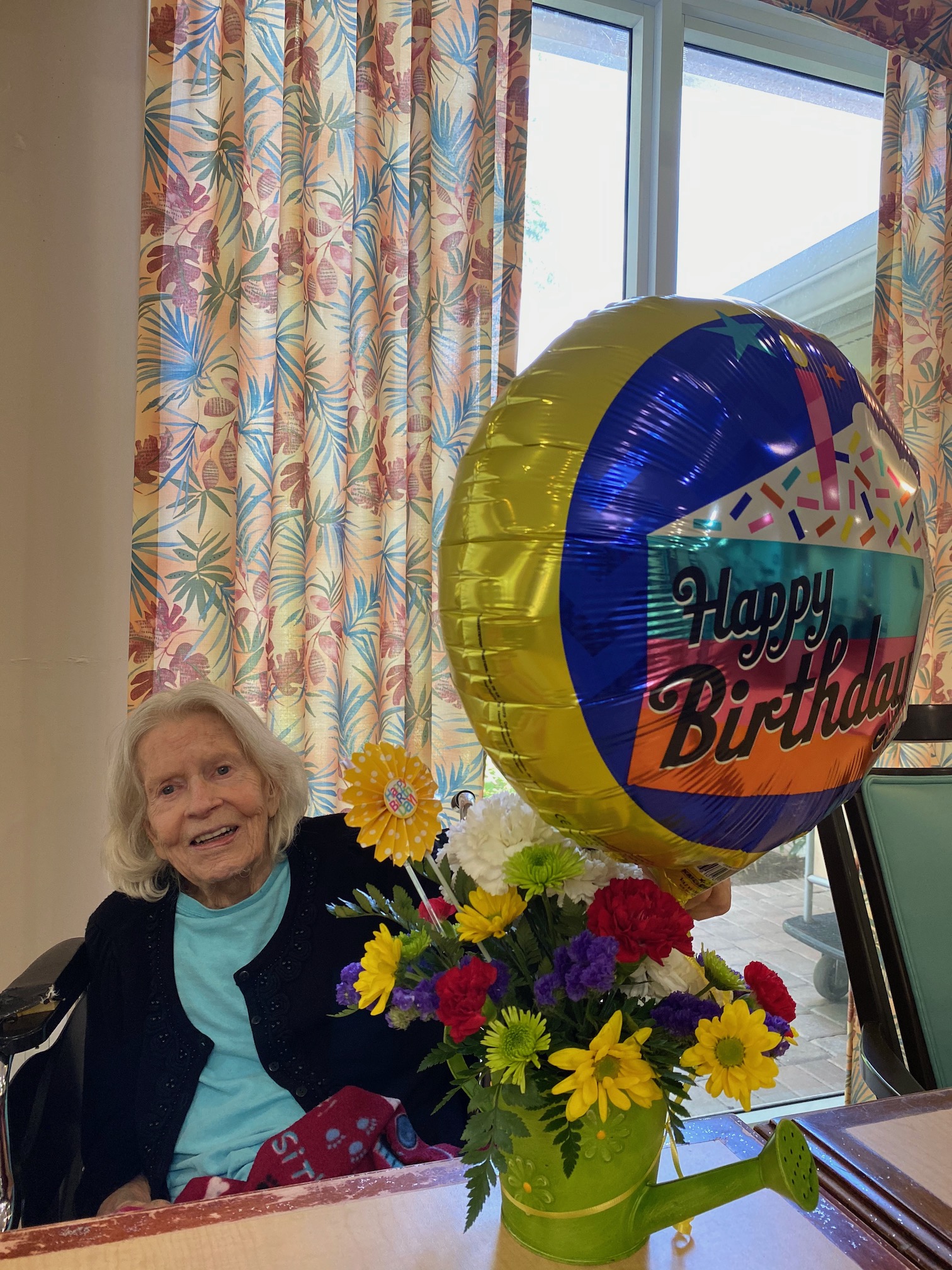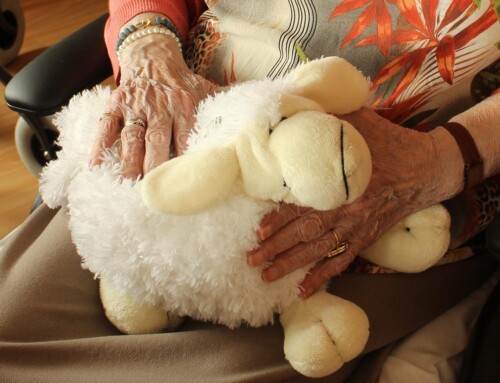Communication is a fundamental part of the human experience. One way communication between family members becomes harder is due to cognitive issues like dementia that cause confusion and disorientation. However, there is another related health concern – aphasia – that can manifest before or after a dementia diagnosis and cause similar problems. If conversations between you and your loved one are difficult, aphasia and associated memory issues might be the root cause.

What is Aphasia? How Does it Relate to Dementia?
Aphasia is a language disorder that impairs the ability to speak, understand, read, and write. Anyone can suffer from aphasia at any time, though it often results from damage to the brain’s language centers. Plus, certain types of of the disorder are also a feature of particular cognitive conditions. If you notice your senior loved one is having a harder time conversing and communicating daily, it’s worth a closer look.
Aphasia presents in different forms, including:
Expressive: Individuals have trouble forming sentences but can understand speech.
Receptive: Speech is fluent but lacks meaning, and comprehension is impaired.
Global: Severe impairment in both speaking and understanding language.
Primary Progressive Aphasia (PPA): A subtype of frontotemporal dementia that starts with language difficulties before advancing to more widespread cognitive decline.
Even if your loved one does not currently have dementia, aphasia can still manifest. PPA is not a result of dementia; instead, it can often lead to it. Aphasia typically begins with subtle word-finding difficulties. Over time, individuals struggle with forming coherent sentences, understanding speech, and engaging in conversations. As language deteriorates, those affected may rely more on gestures, writing, or become nonverbal entirely. It’s easy to see how this situation can limit a senior’s ability to live an independent life when dealing with such severe symptoms.
How Aphasia Impacts Seniors and Their Families
Losing the ability to express thoughts can be devastating for people of any age, but it is often much more debilitating for older seniors. Not being able to form sentences or engage in conversation often leads to frustration, withdrawal, and even depression. In turn, this increases the likelihood that seniors retreat inward and suffer from social isolation, worsening the situation.
An aphasia diagnosis is also hard for families to deal with. Close familial caregivers often struggle to interpret their loved one’s needs, frustrating both the senior and their loved one due to miscommunications. And although aphasia can appear before actual memory and cognitive issues, it carries a lot of the same pain. Just like cognitive concerns, the experience of suddenly losing the ability to communicate with a loved one is a lot like grieving their loss before they have physically passed. Aphasia exacerbates memory concerns, and it’s important for seniors dealing with dementia and aphasia to have a solid support system around them to stay healthy and secure.
How A Banyan Residence Can Help
A Banyan Residence is the perfect facility to care for your loved one dealing with memory issues and aphasia in Florida. Being a facility with both assisted living and integrated memory care, seniors dealing with early forms of aphasia can build a life at our facility without the fear of moving later on once their health issues worsen. If a resident needs higher levels of care, they can receive higher levels of care, all without needing to pack up and move to a new, unfamiliar facility.
The early moments of aphasia are incredibly confusing for seniors and family members alike. If you believe assisted living and memory care could benefit your senior family member, contact A Banyan Residence today to schedule a tour of our facility.







